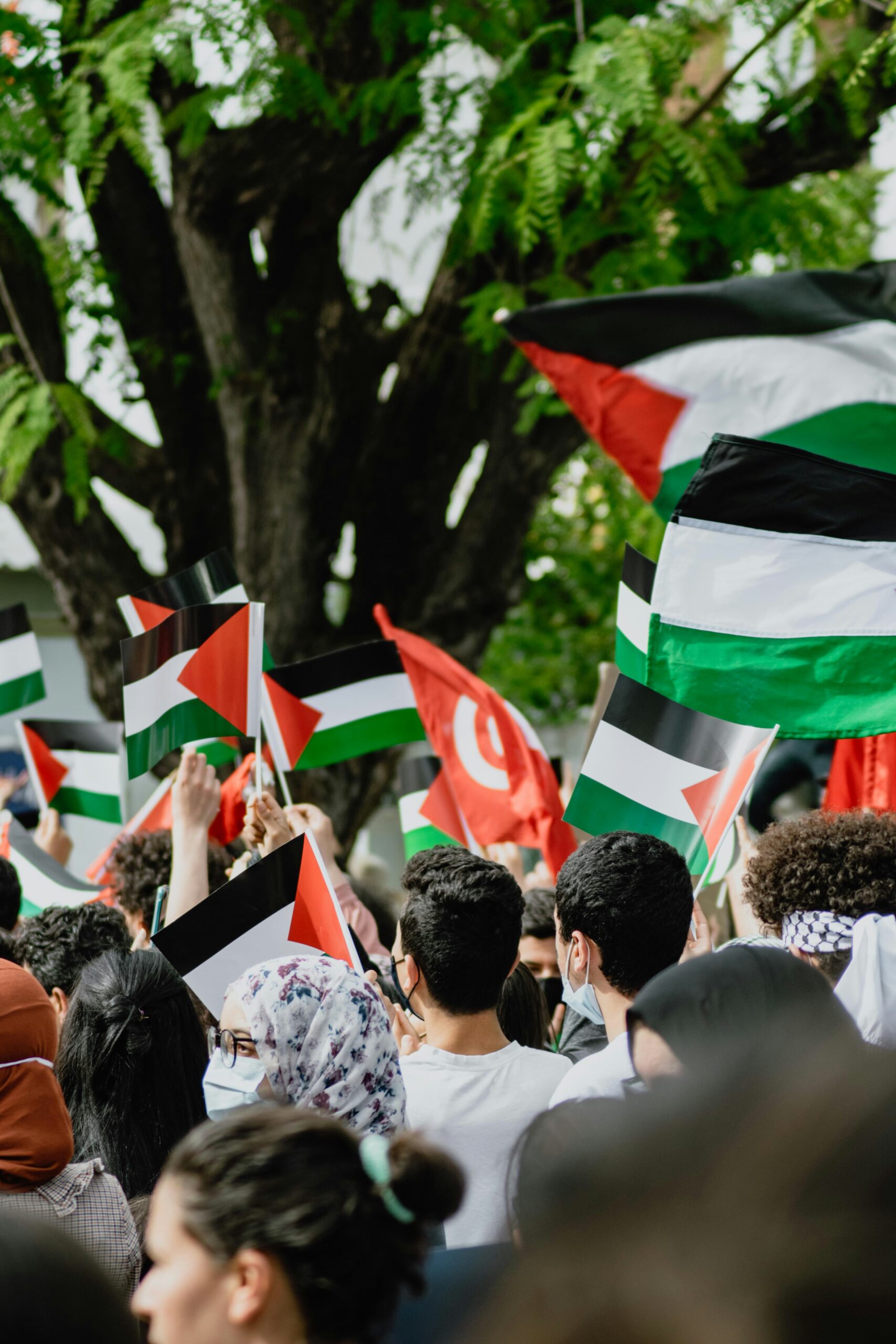
Call for Justice: The Deadly Weaponization of Aid in Gaza
In a distressing development from Gaza, the Gaza Humanitarian Foundation (GHF) is under scrutiny for weaponizing aid, leading to civilian casualties, including a personal account of a man named Nader who was tragically killed at a GHF site.
The Tragic Event
The incident unfolded when the author and his friends visited a GHF distribution site, hoping to secure food. Instead, they encountered a chaotic scene resembling a battlefield, with Israeli military vehicles and armed soldiers positioned aggressively. Civilians were met with gunfire when attempting to collect aid, leading to a violent skirmish that resulted in Nader’s death and injuries to others.
Background and Context
GHF has been operational in Gaza for over two months, amidst rising criticism over its methods of aid distribution. Allegations suggest that these sites have turned into ‘death traps,’ with credible organizations like Doctors Without Borders and Human Rights Watch labeling the situation as organized killings and potential war crimes.
International Reactions and Reports
Reports from leading humanitarian organizations have condemned the actions at GHF sites, with evidence suggesting deliberate targeting of Palestinian civilians. These acts have not only been denounced as violations of international humanitarian law but have also sparked a broader debate about the ethics and accountability of humanitarian aid in conflict zones.
Personal Reflections and the Call for Justice
The author reflects on the loss of his friend Nader, emphasizing the need for accountability. He criticizes the GHF’s leadership for denying the severity of the situation and calls for an end to the weaponization of humanitarian aid. The piece ends with a powerful call to action, urging for justice for Nader and others who have suffered under similar circumstances, highlighting the broader implications of such atrocities on global humanitarian practices.
The views expressed in this article are the author’s own and do not necessarily reflect Al Jazeera’s editorial stance.


